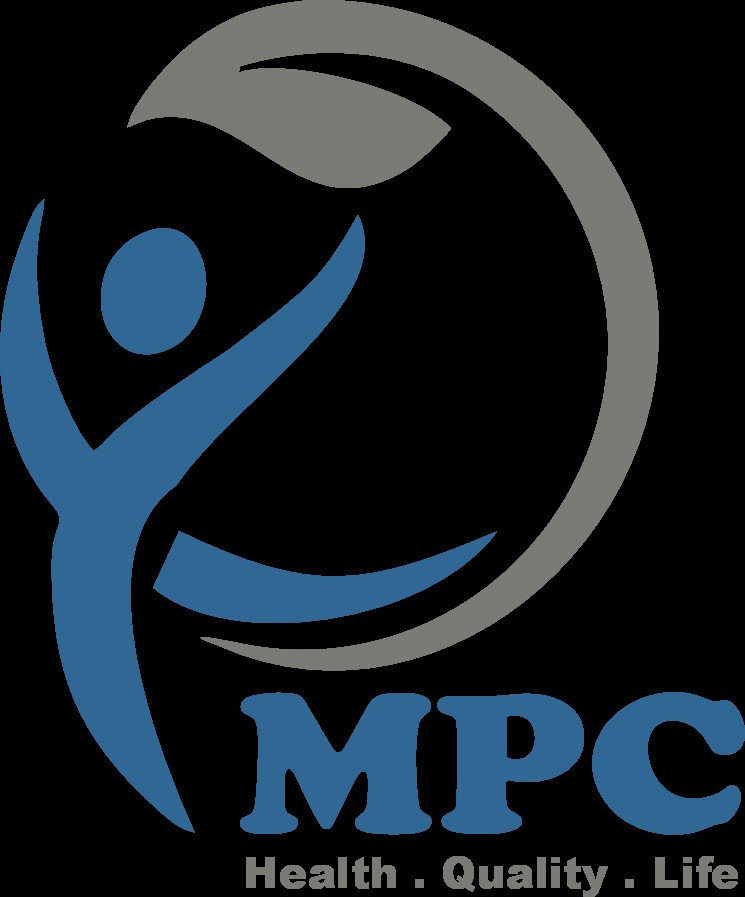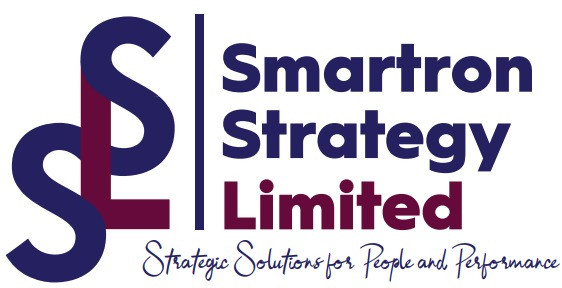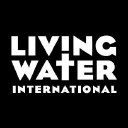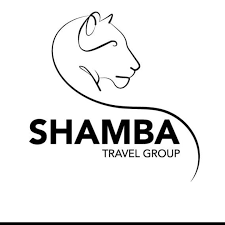Youth Policy Barrier Analysis and Knowledge Generation Consultant
Youth Employment and Entrepreneurship (YEE) Phase II Project in Zambia
SNV Netherlands Development Organisation
SNV is a global development partner, deeply rooted in the countries where we operate. Driven by a vision of a better world where all people live with dignity and have equitable opportunities to thrive sustainably, SNV strengthens capacities and catalyses partnerships that transform agri-food, energy, and water systems. We help strengthen institutions and effective governance, reduce gender inequalities and barriers to social inclusion, and enable adaptation and mitigation to the climate and biodiversity crises. With 60 years of experience and a team of approximately 1,600 people, we support our partners in more than 20 countries in Africa and Asia, tailoring our approaches to different contexts to achieve large-scale impact and create more equitable lives for all.
Background
Youth unemployment and underemployment continue to pose significant social and economic challenges in Zambia. Despite the demographic dividend and the entrepreneurial potential of young people, many face barriers related to policy inefficiencies, systemic constraints, and limited access to support services and finance. Understanding and addressing these barriers is critical to shaping inclusive policies and programs that empower youth as drivers of sustainable economic development. This consultancy is commissioned by SNV Zambia to conduct a comprehensive analysis of policy and systems barriers that hinder youth employment and entrepreneurship in the below mentioned regions. The findings will inform ongoing and future interventions and advocacy efforts.
SNV Zambia is implementing Phase II of the Youth Employment and Entrepreneurship project (YEE) Project. The project aims to support the employment and entrepreneurship of 20,100 youths across the Eastern, Southern, Central, Northern, and Northwestern provinces, (at least 50% of whom are young women) by promoting green employment and entrepreneurship opportunities in agri-food systems, renewable energy, and other emerging sectors.
The YEE project adopts a Pull-Match-Push-Enable framework, strategically integrating private sector actors, service providers, and public institutions to promote sustainable youth employment pathways. Despite progress, youth unemployment and underemployment remain significant challenges, the program is looking at enabling environment to unlock increased youth economic opportunities this can be done by Promoting youth- and gender-friendly economic policies
One of the key outcomes of the project is that public and private sector actors foster a more supportive ecosystem for youth and women’s interests. This is facilitated through interventions that promote the sharing of lessons learned and best practices to enhance youth and gender inclusion.
SNV therefore, seek to engage In line with the ENABLE component of the project, which promotes an enabling environment for increased youth economic opportunities, the objectives of this consultancy are to:
Purpose of the Assignment
The purpose of this assignment is to:
a) The main objective is to identify, analyze, and document key policy and systemic barriers to youth employment and entrepreneurship. This includes gaps in legal, institutional, financial, and educational systems that affect young people's ability to secure decent work or start and sustain businesses.
b) Develop a learning plan and produce relevant analysis, position papers, and policy briefs to inform senior leadership and key stakeholders on topics aligned with project objectives. The focus will be on emerging trends and policy issues, developed in consultation with SNV staff and technical experts. These knowledge products will be used to influence decision-making by key stakeholders and should provide evidence-based recommendations.
c) Identify linkages and synergies for more effective policy advocacy and collaboration on youth employment and entrepreneurship. This will involve engaging government institutions, the private sector, academia, non-governmental organizations, and Local Service Providers (LSPs).
d) Identify opportunities and entry points for leveraging SNV’s policy advocacy and learning agenda and ensure that generated learnings are systematically incorporated into Youth Employment and Entrepreneurship (YEE) programming in Zambia.
Scope of Work
The consultant will undertake the following core tasks in line with the above objectives:
1. Policy Review:
- Analyse national and subnational policies, strategies, and regulatory frameworks relevant to youth employment and entrepreneurship.
- Identify inconsistencies, gaps, or implementation challenges within the existing policy ecosystem.
2. Systems Mapping:
- Map key stakeholders, institutions, and programs supporting youth employment and entrepreneurship.
- ·Identify inefficiencies, overlaps, and gaps in service delivery and inter-agency coordination.
Evidence Generation and Best Practice Analysis
Activities:
- Conduct desk review of national and subnational youth employment policies, strategies, and implementation gaps.
- Hold key informant interviews and focus group discussions with government, private sector, CSOs, and youth representatives.
- Collect and analyze program-level data, including success stories, case studies, lessons learned, and high-impact interventions.
- Identify and document entry points, opportunities, and gaps for youth economic empowerment (funding, skills, innovation, policy enforcement).
- Benchmark against regional and global best practices in youth policy, entrepreneurship ecosystems, and employment programs.
Knowledge Products and Policy Briefs Development
Activities:
- Draft policy briefs with evidence, achievements, gaps, and practical recommendations.
- Prepare knowledge products (case studies, thematic reports, or practice notes).
- Package outputs into user-friendly formats for visibility, advocacy, and influencing policy/partnerships.
Stakeholder Engagement and Validation
Activities:
- Facilitate participatory validation sessions and stakeholder workshops to review findings and enrich content.
- Engage government, private sector, and CSOs in dialogues to validate policy entry points and opportunities.
- Capture lessons, good practices, and stakeholder commitments during consultations.
- Conduct key informant interviews (KIIs) and focus group discussions (FGDs) with government agencies, private sector actors, youth-led organizations, NGOs, financial institutions, and young people.
- Gather qualitative and quantitative insights on barriers faced and suggestions for reform.
Recommendations and Action Plan
Activities:
- Develop and implement a learning agenda by mapping learning questions, documenting best practices, and monitoring uptake of lessons.
- Compile and synthesize findings into a consolidated final report with national-level recommendations.
- Circulate draft report for review and conduct validation workshop.
- Finalize and submit consolidated report with annexes (policy briefs, knowledge products, learning outputs).
- Provide evidence-based, actionable policy and programmatic recommendations.
- Suggest mechanisms for improved intersectoral coordination and youth engagement in policy processes.
Deliverables
Tentative Timeline (28 days Total)
Deliverable/ Key Activities/Days Required/Responsible/Outputs
1. Draft 2 knowledge product
Inception meeting with project leadership to agree on thematic focus & format
0.5 days
Consultant + Project Leadership
Agreed focus & outline
Desk review & data/evidence gathering from project activities
4 days
Consultant
Evidence base compiled
Draft initial content & structure for two knowledge products
5 days
Consultant
Draft knowledge product
Draft initial content & structure for two policy briefs
5 days
Consultant
Policy brief formulated
Validation meeting with leadership & stakeholders
0.5 days
Consultant + Project Leadership
Feedback collected
Revise & finalize draft knowledge product and policy briefs
3 days
Consultant
Final drafts ready
Subtotal for Deliverable 1
17.5 days
2. Compile project learning agenda & framework
Consultations with project team to identify learning questions & themes
0.5 days
Consultant + Project Team
Identified learning priorities
Align agenda with project objectives & donor requirements
1 day
Consultant + M&E Team
Draft alignment note
Develop a learning plan and framework (methodologies, tools, responsibilities, timelines)
2 days
Consultant
Draft framework document
Circulate draft for feedback
Consultant
Inputs collected
Finalize learning agenda & framework
0.5 days
Consultant
Final document
Subtotal for Deliverable 2
4 days
3. Knowledge dissemination/influencing activity
Co-design objectives, format, target stakeholders with project team
0.5 days
Consultant + Project Team
Event concepts note
Prepare agenda, facilitation guide & dissemination materials
3 days
Consultant
Materials ready
Subtotal for Deliverable 3
4,5 days
4. Final report on policy advocacy insights
Synthesize findings from knowledge product, learning agenda & dissemination event
0.5 days
Consultant
Draft final report
Identify key challenges, lessons learned & opportunities
0.5 days
Consultant
Thematic analysis
Circulate draft & collect feedback
0.5 days
Consultant
Feedback received
Incorporate revisions & finalize
1 day
Consultant
Final report submitted
Subtotal for Deliverable 4
2.5 days
Total days
28 days
Consultant Profile
- Advanced degree in public policy, Economics, Development Studies, or a related field.
- Proven experience in:
- Policy and legislative analysis, working with actors to create an enabling environment that can unlock jobs for young people
- Youth employment and entrepreneurship programming
- Knowledge generation for influencing and positioning,
- Demonstrated experience working with Zambia’s national and local governance systems.
- Strong stakeholder networks and relationships at national and sub-national levels
- Strong facilitation, data analysis, and reporting skills.
- Strong written and verbal communication skills in English- knowledge of local languages is an added advantage.
- Ability to work independently and travel within assigned regions as required.
Evaluation Criteria
Criteria
Maximum score
1. Bidder profile – Past performance, references for the work performed in the last five years, capacity, and experience of the proposed team
20%
2. Technical proposal – reflecting the understanding of the ToR, relevance of the proposed methodology in relation to the ToR objectives and youth employment and entrepreneurship issues, agriculture and renewable energy sectors, and proposed approach to policy awareness, enabling environment and knowledge products
30%
3. Financial proposal - relevance of proposed costs in relation to the technical proposal and level of experience/qualifications of the bidder
20%
4. Past performance with samples of previous works in the mentioned areas completed within the last five years - Three samples of similar assignments implemented in the past five years (reports developed)
30%
Documents to be submitted as part of the Consultants application:
1. Bidder Profile
1.1 Completion of the Bidder Profile document summarizing the bidder’s background, qualifications, and experience. (See attached word Bidder Profile document)
1.2 CV of the individual consultant to work on the assignment.
2. Technical Proposal
2.1. The Technical Proposal should include but not limited to the following (4 pages max, 11-point font):
2.1.1. Summary of the objectives of the assignment from consultant perspective 1 page)
2.1.2. Proposed methodology for each activity/deliverable (1 page) and how it highlights youth policies and programs, employment and entrepreneurship.
2.1.3. Approach to enhance inclusion of vulnerable groups 1 – 1.5 pages)
2.1.4. Tentative timeline for the achievement of the activities/deliverables and number of days for each (0.5 pages)
3.Financial Proposal
3.1 The financial proposal shall indicate total budget estimated in USD for international consultants and ZMW for national consultants, as well as a detailed breakdown of budget items mainly DSA, daily fee rate and travel/transport.
3.2 Payments will be based on outputs, i.e. upon delivery of the services specified in the TOR. (Note that WHT of 5% for national and 15% international will be deducted at source and paid direct to ZRA as per Zambia law).
4.Past Performance
4.1. Include three reference projects related to consulting, conceptualization, designing and/or managing projects in the area of youth employment/skills development/ market linkages/Agriculture/ private sector engagement in development projects within the past five years containing the following information (1-2 pages per project max):
4.1.1. Name of Client/Employer
4.1.2. Title of the Project, dates, and duration of the project
4.1.3. Scope of the Project, Requirements of the assignment, Proposed Solutions and Outcome
4.1.4. Reference/Contact details for each assignment and contact information
4.1.5. Attach evidence of performance for each of the three referenced projects listed in the candidate profile (e.g. reports)
The submission requirements
Interested consultants or firms should submit the documents specified below t0 zambiaprocurement@snv.org by close of business on 30-09-2025.
1. A detailed proposal outlining the approach, methodology and the timeline for the study
2. A budget breakdown including fees or any other costs
3. CVs of the key team members and relevant work experience
4. Examples of similar work previously conducted
1. Past Performance
1.1. Include three references related to similar assignments within the past five years (max), attaching contact details and evidence of the work produced
2. Mandatory Requirements
5.1 For Zambian national individual consultants: copies of Tax Registration certificate and the most recent tax clearance certificate.
5.2 For a firm registration document: Business license/Certificate of Registration for all, Tax Registration, Current Tax Clearance Certificate and VAT if applicable
Failure to provide a full package of documents listed above them will result in disqualification of the whole bid. Only Shortlisted Candidates will be contacted.
Application Criteria:
- Only electronic submissions will be accepted.
- Submission should be made through zambiaprocurement@snv.org not later than 08:00AM, 30th September 2025.
- For any clarifications, contact zambiaprocurement@snv.org.
Note: SNV Zambia may request for necessary and/or more information during the evaluation. SNV will only contact the successful bidder (s) within the period of 2 weeks from the closing date of submission.









